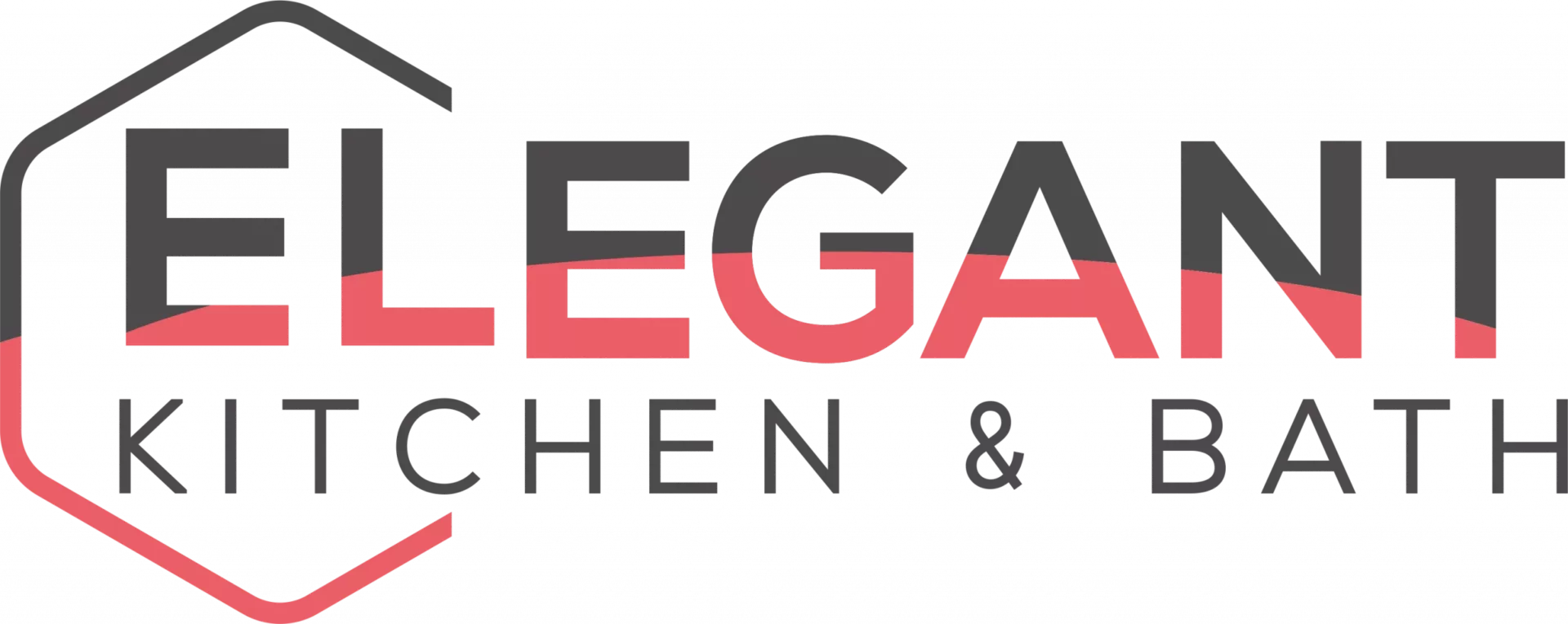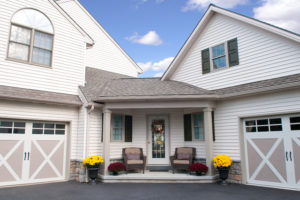Revamping your home can inject a fresh lease of life into your living space, improve its usability, and potentially boost your property’s worth. Nonetheless, the financial implications of such undertakings can sometimes be quite substantial. On the brighter side, there are numerous funding alternatives at your disposal that can pave the way for your ambitious home revamp plans to come to fruition. In this piece, we aim to shed light on some of the most advantageous methods to secure funds for home renovation projects, thus enabling you to proceed with your dream improvements without putting undue strain on your financial resources.
Home Equity
Loan or Home Equity Line of Credit (HELOC): If you have built up equity in your home, a home equity loan or HELOC can provide you with a substantial amount of money to fund your home improvements. With a home equity loan, you receive a lump sum at a fixed interest rate, whereas a HELOC works like a credit card, allowing you to borrow as needed within a specified time frame. Both options typically have lower interest rates compared to personal loans or credit cards, making them an attractive choice for financing larger projects.
Cash-Out Refinance
A cash-out refinance involves replacing your existing mortgage with a new one that has a higher principal amount. The difference between the old and new mortgage is given to you in cash, which can be used to finance your home improvements. This option allows you to take advantage of potentially lower interest rates and extend your repayment term, providing you with more flexibility in managing your monthly payments.
Personal Loans
Personal loans are unsecured loans that can be used for a variety of purposes, including home improvements. They typically have fixed interest rates and repayment terms, making it easier to budget for your project. Personal loans are a popular choice for smaller to medium-sized renovations, as they often have a faster application process compared to other financing options.
Government Programs and Grants
Explore government programs and grants that are designed to assist homeowners with specific home improvement projects. For instance, the Federal Housing Administration (FHA) offers 203(k) loans, which combine the purchase or refinancing of a home with renovation costs. Additionally, there may be local or state programs that provide financial assistance or tax incentives for certain home improvements, particularly those focused on energy efficiency.
Credit Cards
Credit cards can be a convenient option for smaller-scale home improvements or when you need immediate access to funds. However, it’s important to consider the high interest rates associated with credit cards. If you choose this option, be sure to pay off the balance within the promotional period or utilize a credit card with a low introductory rate.
Savings and Budgeting
While it may not be a financing option per se, using your savings and budgeting effectively can be a smart way to finance home improvements. By planning and saving in advance, you can fund your project without incurring interest or debt. It may require patience and discipline, but this approach provides financial security and eliminates the need for repayment.
Contact us for professional help! Check out our instagram account for updates.
Best Ways To Finance Home Improvements: FAQs
What are the most common ways to finance home improvements?
How can I fund my home improvement projects?
Common financing options include:
– Home Equity Loans: Borrow against the equity in your home at a fixed interest rate.
– Home Equity Line of Credit (HELOC): A revolving credit line secured by your home’s equity.
– Personal Loans: Unsecured loans based on credit history, with fixed or variable interest rates.
– Credit Cards: Suitable for smaller projects if you can take advantage of low-interest promotions.
– Cash-Out Refinance: Refinance your mortgage for more than you owe and use the difference for home improvements.
– Government Loans: Look into government loan programs like FHA 203(k) for home renovations.
How do I choose the best financing option for my situation?
What factors should I consider when selecting a financing method for home improvements?
Consider the following factors:
– Interest Rates: Compare rates to find the most cost-effective option.
– Loan Terms: Evaluate the repayment period and how it affects monthly payments and total cost.
– Equity: Assess the amount of equity you have in your home if considering equity-based loans.
– Credit Score: Your credit score will impact your eligibility and the interest rate for unsecured loans.
– Project Size: Larger projects may benefit from secured loans, while smaller ones could use credit cards or personal loans.
– Tax Implications: Some home improvement loans may have tax-deductible interest.
Are there any low-interest or government-backed loans for home improvements?
Can I get a government-backed or low-interest loan for my home improvement project?
Yes, there are options such as:
– FHA 203(k) Loans: Government-backed loans for home renovation and repair.
– Title I Property Improvement Loans: Federally insured loans for both large and small improvements.
– HomeStyle Renovation Loans: Offered by Fannie Mae for financing home improvements.
– Energy Efficient Mortgages (EEMs): Loans for energy-saving home improvements.
Can I use my home’s equity to finance improvements?
Is it a good idea to use home equity to finance home improvements?
Using home equity can be a good option if:
– You Have Sufficient Equity: Typically, you need to have at least 15-20% equity in your home.
– Interest Rates Are Favorable: Equity loans often have lower interest rates than personal loans or credit cards.
– You Plan Significant Improvements: Equity financing is usually best for larger, long-term investments in your home.
However, remember that these loans use your home as collateral, so there’s a risk of foreclosure if you can’t make payments.
What should I watch out for when financing home improvements?
What are potential pitfalls in financing home improvements?
Be cautious of:
– High-Interest Rates: Especially with credit cards or unsecured personal loans.
– Overborrowing: Only borrow what you need and can afford to repay.
– Secured Loans Risks: Defaulting on home equity loans can lead to foreclosure.
– Predatory Lending Practices: Be wary of lenders with unclear terms or high fees.
– Impact on Credit Score: Taking out new loans or maxing out credit cards can affect your credit score.
How does my credit score affect my home improvement financing options?
How important is my credit score when looking to finance home improvements?
Your credit score is crucial as it:
– Determines Eligibility: Higher scores improve your chances of loan approval.
– Affects Interest Rates: A better credit score can secure lower interest rates, making borrowing cheaper.
– Influences Loan Terms: Good credit may lead to more favorable repayment terms and higher borrowing limits.
Are there any tax benefits to financing home improvements?
Can I receive tax deductions for financing home improvements?
ASome home improvement loans, particularly those secured by home equity, may have tax-deductible interest if the improvements add substantial value to the home, extend its life, or adapt it for new uses. However, tax laws change frequently, so consult a tax professional for the latest information.

